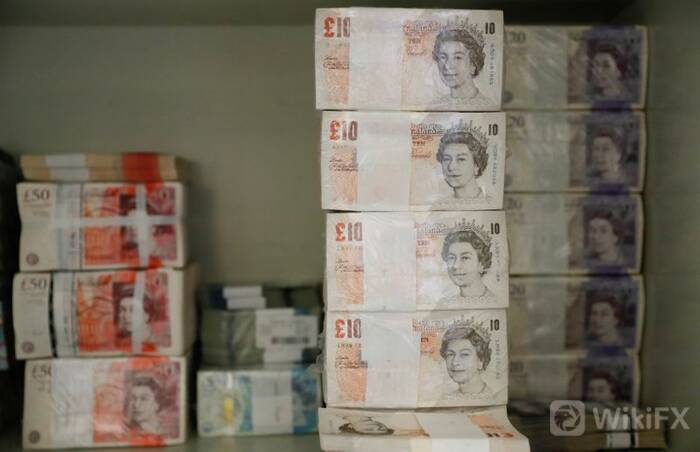Sterling fell to its lowest level of 2021 against the dollar on Thursday as the British economy appeared to lose momentum and a surge in U.S. inflation boosted the greenback amid bets that the Federal Reserve would hike interest rates faster than expected.
Data released by the Office for National Statistics showed Britains economy grew by 0.6% in September but estimates for previous months were revised lower, leaving the economy still smaller than it was in February 2020.
In its November policy meeting, the Bank of England left its main interest rate unchanged at 0.1% having previously signalled it could raise it.
Markets are now pricing in a high probability of a December rate rise but uncertainty remains high. .
ING market economist James Smith said he believed the slowing momentum of the British economy was unlikely to have a major influence on BoE policy makers for whom the recovery of the labour market is a key priority.
“Its a close call between a December and February rate rise, though we think the former is more likely – especially if the jobs data brings the committee good news”, he said in a client note.
A tighter monetary policy would help boost the British currency, economists say.
“The expectation, and eventual delivery, of a rate hike should allow sterling to recover its recent losses,” said Dean Turner, an economist UBS Global Wealth Management.
On Thursday, sterling fell 0.24% versus the dollarto $1.3365, its lowest since December 2020.
Currency derivative markets are expecting more weakness for the pound with the cost of options to protect against further downside at its highest level since the 2016 Brexit referendum.
Versus the euro, the pound ticked down 0.1% at 85.66 pence.
Also rattling investors nerves is the post-Brexit dispute between Britain and the European Union over trade with Northern Ireland.
British Brexit minister David Frost said on Wednesday that Brussels should stay calm and avoid embarking on “massive and disproportionate retaliation” if London follows through on its threat to trigger emergency unilateral provisions in the Brexit deal.
(Reporting by Julien Ponthus; Editing by Gareth Jones)

Leave a Reply